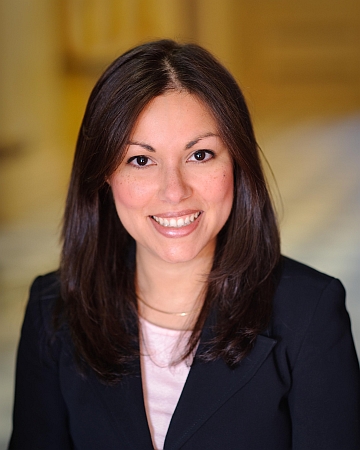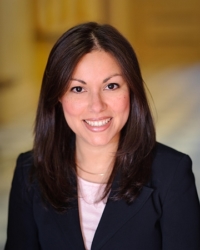How much time do you think the average expecting couple spends choosing the perfect baby name? Circling options in baby books, bouncing ideas off friends, arguing about spelling…that has to take at least 24 hours spread over nine months, right? Naming a child is a process that can’t be taken lightly, and with good reason. Few of us would want a name that ends up on one of those “Worst Baby Names” lists alongside Apple (sorry, Gwyneth), North West (courtesy of Kim and Kanye) and Tu Morrow (thanks, Rob).
Well, the National Institutes of Health (NIH) has been busy going through this process itself for one of its kin, and I think the outcome is pretty smart.
Out with the Old
NIH recently asked for public comments (closed back on June 6) about changing the name, “National Center for Complementary and Alternative Medicine (NCCAM),” to “National Center for Research on Complementary and Integrative Health (NCRCI).”
A quick look may appear as though the  proposed changes are just simple semantics, but I believe it represents something much deeper.
proposed changes are just simple semantics, but I believe it represents something much deeper.
For starters, NIH suggested ditching “alternative,” which is quite interesting. “Alternative” often comes across as “other,” something outside the bounds of normal. The new term, “integrative,” is such a better descriptor of natural health in today’s world.
Dietary supplements and other means of natural health are not “alternative” anymore; they’re everywhere. They’re mainstream. They’re necessary, right here and now—and public interest in them is growing to the point that many “alternatives” are synonymous with primary care for certain issues like probiotics for digestive support and fish oil for cardiovascular care. Though there’s still room to grow, “natural health” certainly has the right to be called “integrated” into Americans’ lives and healthcare, in general.
As Josephine P. Briggs, M.D., NCCAM’s director said in a recent blog on NCCAM’s Web site, “We see the growth of integrative health care within communities across the US, including hospitals, hospices, and military health facilities. With these changes in the research and practice landscape, we believe that our current name no longer accurately reflects our Congressional mandate, which is, in part, to study the integration of these practices as a complement to conventional care.”
The other noteworthy possible change is the addition of “research” in the Center’s title. Too few Americans realize just how much excellent data has been collected about dietary supplements and other natural health techniques. The mantra, “There’s no real proof that supplements are safe and actually work” is just plain wrong (and so, so frustrating!).
Elevating “research” to the Center’s title is an appropriate and needed change. It underscores the truth that great research is underway about integrative health—included government funded projects. NCCAM has funded more than 3,800 research projects, and that’s just one group. The name change would be a step toward broader recognition that there’s  tons of research showing supplements are safe, efficacious and helpful to millions of people.
tons of research showing supplements are safe, efficacious and helpful to millions of people.
So, whether or not these changes to NCCAM’s title actually make the final cut (the jury was out at press time), I think they are important, and a good conversation starter that the products offered by this industry are important, research backed and deserving of a higher place on the list of ways Americans can support optimal wellness in their daily lives. WF
Kaylynn Chiarello-Ebner
Editor/Associate Publisher
Published in WholeFoods Magazine, July 2014










